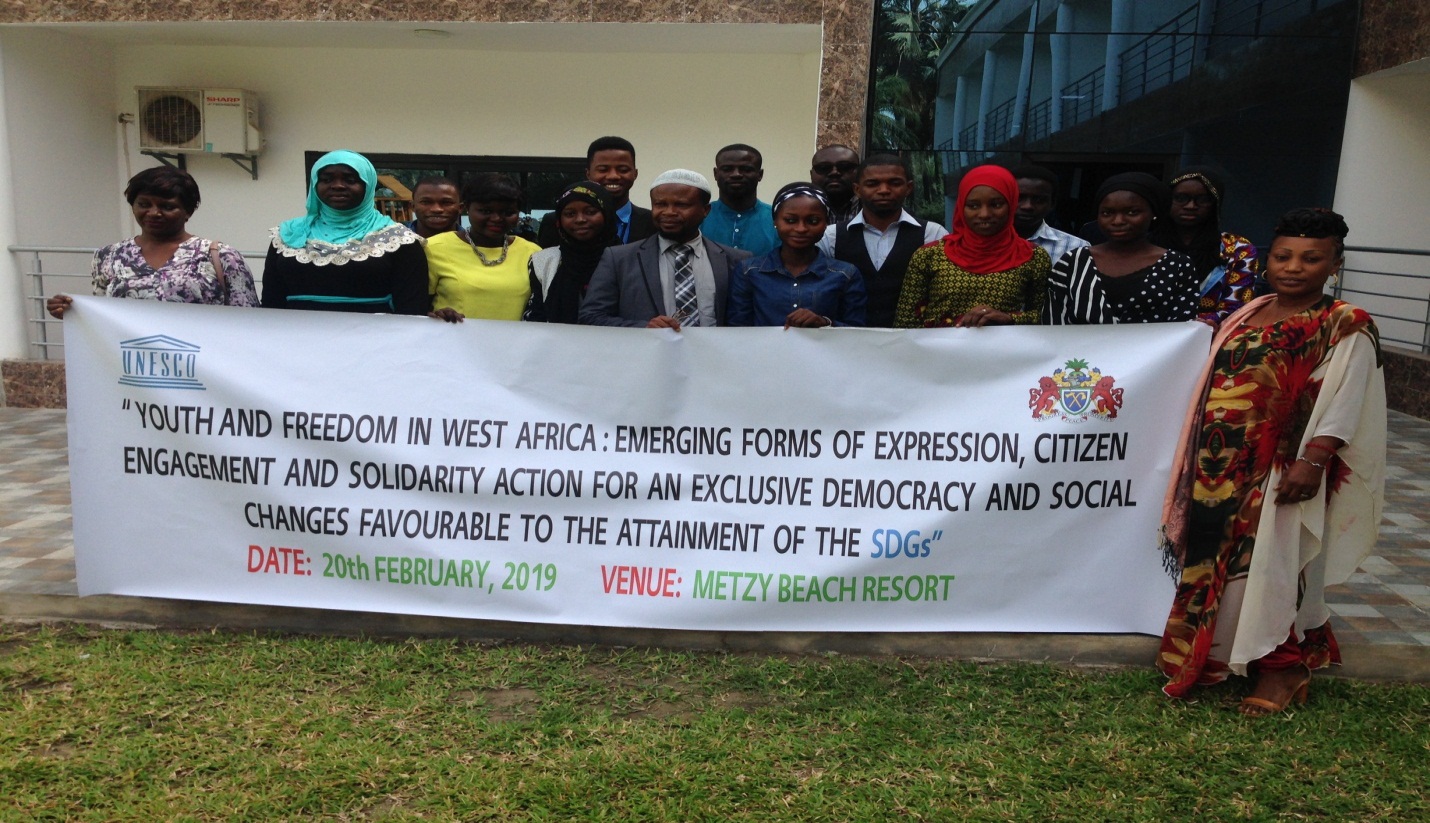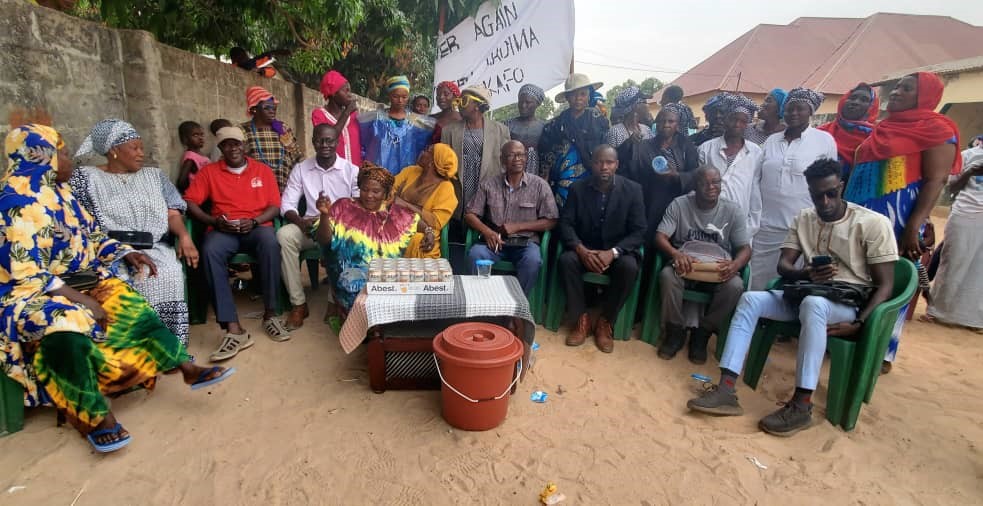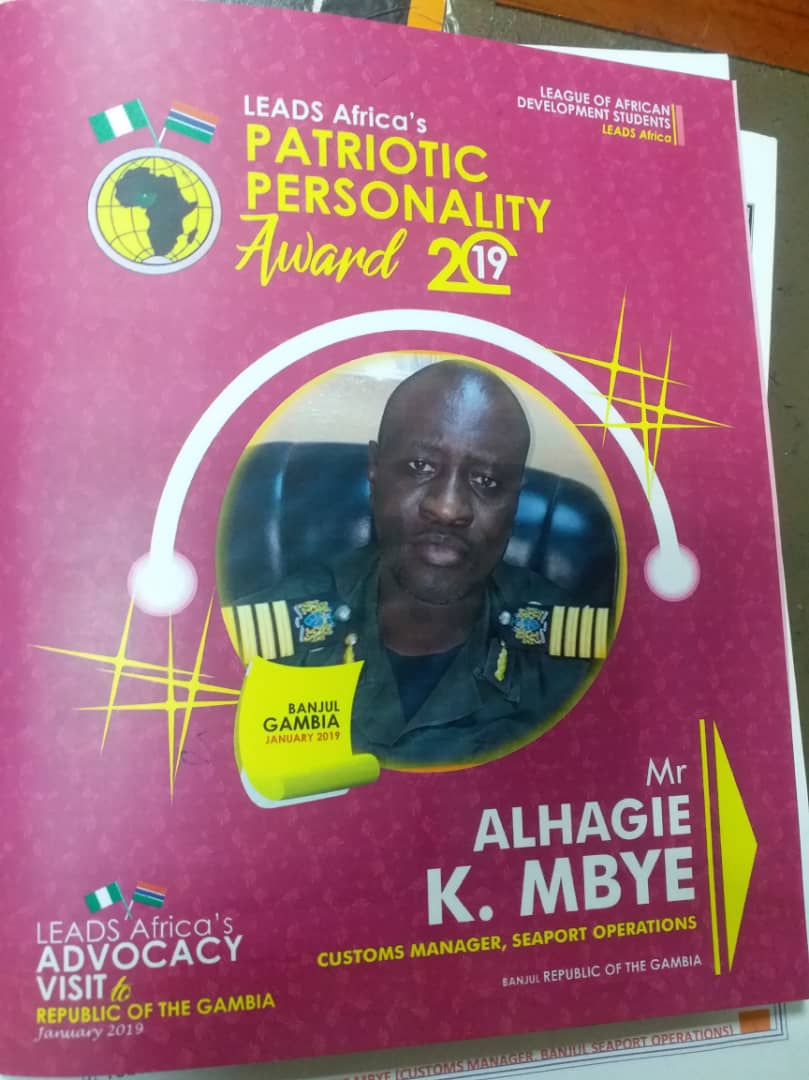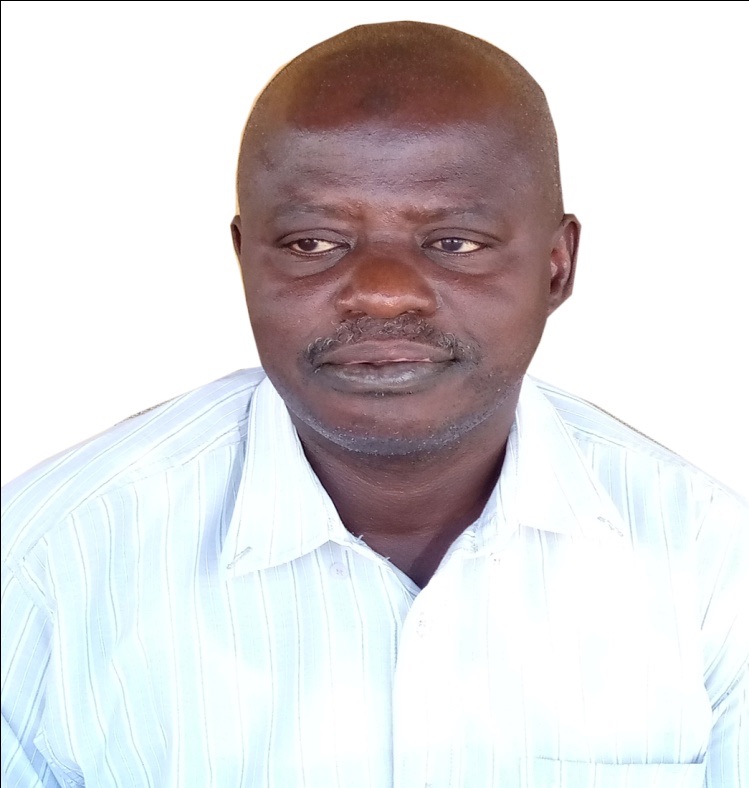By Sariba Manneh
United Nation Educational Scientific and Cultural Organization (UNESCO) Multispectral Regional Office for West Africa, on Wednesday February 20 engaged youths from different organization on democratization process; held in a local hotel.
The UNESCO forum aims at enabling the youth to understand the form of emergent expressions of African youth for a better orientation of the public policy to ensure youth centralization in decision making process that link with their needs and aspirations.
The Theme was ‘Youth and Freedom in West African Emergent Forms of Expression, Citizen Engagement and solidarity Action for an Exclusive Democracy and Social Change Favorable to the Attainment of Sustainable Development Goals (SDGs).’
Dr. Abdoukarim Camara, the head of Human Resource Department at University of The Gambia said a multidisciplinary team was formed to carry out an interdisciplinary research, on several sites with innovative methods covering among other West African countries including Senegal, Burkina Faso, Gambia, Niger and Mali.
According to him, this initiative was for better appreciation of the level of involving young people in the national democratization process, good governance, national reconciliation and the building of a culture of peace and stability as well as freedom of expression among youth.
“The study which follows the action plan and recommendation from the previous forum held in Banjul focus on youth’s freedom and their new form of expressions,” Dr. Camara stated.
He added that the social changes are favorable to the attainment of the Sustainable Development Goals (SDGs) for democratization and achieving the SDGs in West Africa.
Muhamed Badjie, a student from Chiekh Anta Diop University in Dakar (CADU) said the strong involvement of young people in the process of democratization and pacification of the political space to compensate for absent in decision making process.
“Major mobilization of young people through several communication channels in several African countries and varies fields in order to stimulate processes of social transformation,” he said.
Delivering on the research problems, he said new forms of mobilization on the public scene that are poorly documented to inform public policy development and implementation process, adding understanding of these new forms of mobilization for a better orientation of public policies to ensure the centrality of youth in decision- making process in connection with their needs and aspirations.





